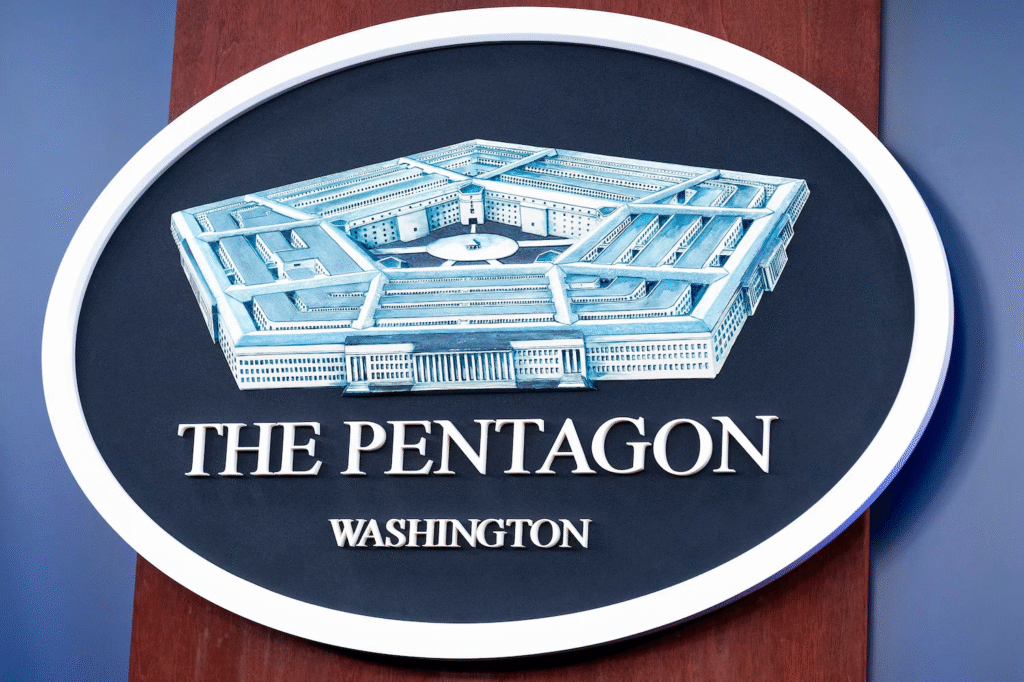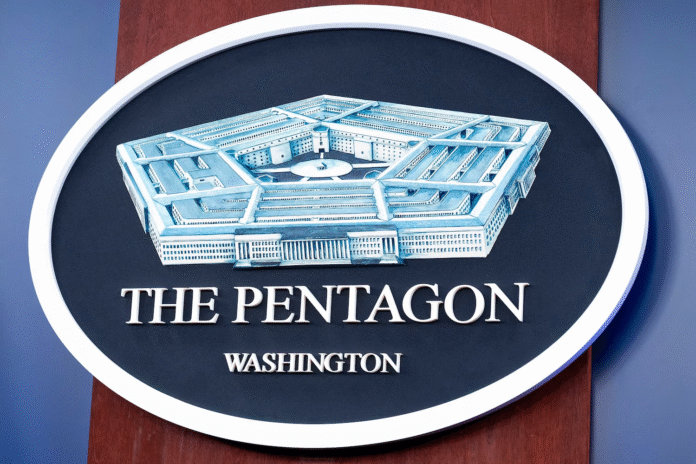
Despite looming personnel cuts and a sweeping policy review of equal opportunity practices, the U.S. military has pledged to maintain its current standards for investigating sexual assault and harassment cases. Officials sought to reassure service members and advocates that the integrity of these investigations will remain intact, even as other areas of personnel oversight face scrutiny under the direction of Defense Secretary Pete Hegseth and President Donald Trump.
The announcement comes at a critical moment for the Pentagon. A combination of budget streamlining efforts, hiring freezes, and a department-wide review into the handling of discrimination claims has raised fresh concerns among victims’ advocates and military personnel alike. Many fear that the reforms, however well-intended, may unintentionally discourage victims from reporting misconduct or undermine the safeguards already in place.
Steady Standards Amid Shifting Priorities
Dr. Nathan Galbreath, director of the Pentagon’s Sexual Assault Prevention and Response Office, made it clear in a press briefing Thursday that the foundational criteria for evaluating sexual harassment and assault complaints will not change.
“At the end of the day, the standard of proof remains the same,” Galbreath stated. “All complaints are reviewed, the evidence is analyzed, and legal officers provide opinions on whether action can be taken.”
This affirmation was aimed at countering growing anxiety sparked by Secretary Hegseth’s recent directive, which instructed service secretaries to reevaluate equal opportunity programs to ensure they weren’t being misused by disgruntled personnel. Hegseth has argued that some discrimination claims lack credibility and are being “weaponized” in personal vendettas, leading to unjust career consequences for the accused.
In a video posted online, Hegseth called this the “no more walking on eggshells” policy, emphasizing that unsubstantiated complaints should be dismissed swiftly. “Too often, there are complaints that can’t be verified but still end careers,” he said. “Some individuals use these programs in bad faith to retaliate.”
Advocacy Groups Alarmed
Hegseth’s remarks and the broader review have provoked alarm among advocacy groups, who fear the changes could create a chilling effect on those considering whether to come forward with legitimate complaints—especially related to sexual misconduct.
“This new policy sends a stark and chilling message: report misconduct at your own risk,” said Josh Connolly, senior vice president of Protect Our Defenders, a nonprofit that supports victims of sexual assault in the military.
Connolly and others warn that painting misconduct reporting as a potentially manipulative act undermines the progress made over the past decade to build trust in the military’s reporting mechanisms and encourage transparency.
Rarely Unfounded
Military officials were quick to push back on any perception that most claims lack merit. According to the Department of Defense, only around 1% of reported sexual assault cases are ultimately found to be false or unsubstantiated by evidence that fully exonerates the accused or proves the crime did not occur.
In other words, the overwhelming majority of reports involve credible allegations and deserve serious attention—underscoring the importance of not eroding confidence in the system.
When asked directly if the heightened scrutiny on discrimination complaints would raise the standard of proof required for sexual assault allegations, Galbreath answered simply: “No.”
Staffing Strains Complicate Response
Still, even as investigative standards remain untouched, operational capacity may not. The Trump administration’s push to streamline federal agencies—including the Department of Defense—has resulted in hiring freezes and early retirement offers, moves that are already affecting the very programs designed to prevent and respond to sexual misconduct.
Dr. Andra Tharp, who heads the Defense Department’s office of command climate and well-being integration, revealed that about 300 jobs related to sexual assault prevention were put on hold following the hiring freeze. “We’re really trying to get our arms around the total impacts of that,” Tharp said.
This reduction in personnel has raised serious concerns about the military’s ability to respond quickly and comprehensively to new reports of misconduct, provide victim support, and follow through on prevention efforts.
Galbreath emphasized that he is encouraging military branches to request hiring exemptions for critical roles such as victim advocates and sexual assault response coordinators. These positions are often the first line of support for victims and key to ensuring that cases are handled with professionalism and care.
Balancing Reform and Protection
The military faces a difficult balancing act. On one hand, it is under pressure from political leadership to streamline bureaucracy and reduce opportunities for internal disputes to be weaponized. On the other, it must ensure that efforts to address sexual misconduct are not compromised or perceived as politically motivated.
Advocates and experts stress that meaningful reform must not come at the cost of silencing victims. History has shown that without adequate safeguards and sufficient staffing, the already difficult decision to report harassment or assault can become insurmountable.
As the Defense Department works to align its equal opportunity systems with new mandates from above, one thing is clear: maintaining public trust—especially among the ranks—will depend not just on words, but on action.
The real test for the Pentagon will not be in what standards remain on paper, but in whether survivors continue to feel safe, supported, and heard when they choose to speak up.
4o


